Safeguarding livelihoods from invasive species
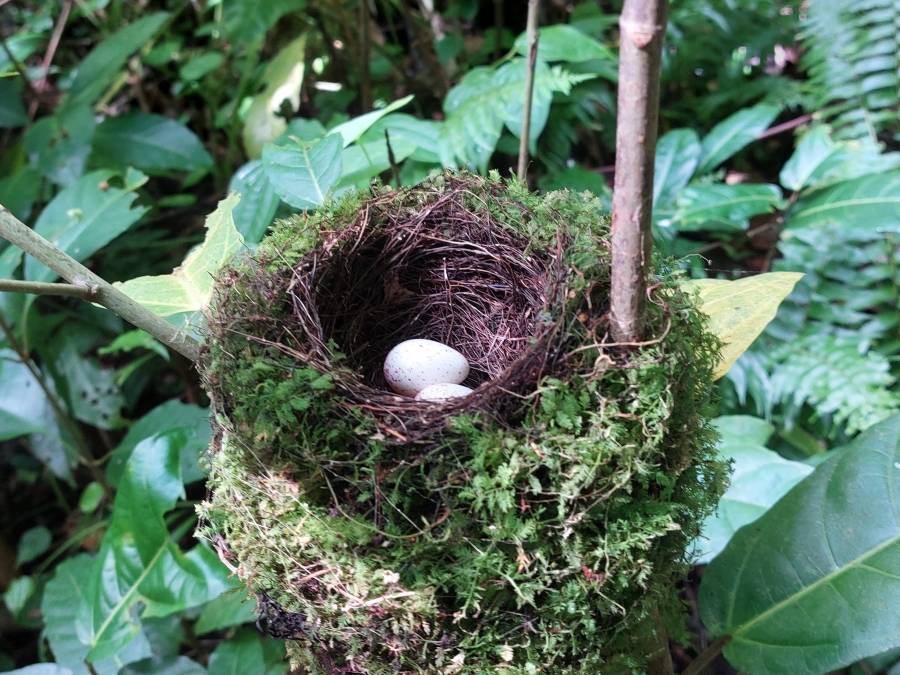
Nest showing breeding success within the treatment plots in East Rennell. Credit - BirdLife International
Safeguarding Rennell Island livelihoods and biodiversity from invasive species
Out in the Pacific Ocean, there is an island in the Solomon Archipelago that hosts some of the most beautiful and unique birds in the region. Rennell Island is home to the East Rennell World Heritage Site (ERWHS), the first UNESCO natural property inscribed with customary ownership and management. This World Heritage Site is home to rich species of wildlife, an untouched forest vegetation and the famous Lake Tegano, providing livelihood for some 900 residents across four villages.
From afar the ERWHS sounds like a little piece of paradise, however its residents and its unique biodiversity are now facing growing challenges. In the Pacific, up to two thirds of all bird extinctions are directly linked to the introduction of alien species. Changes to climate, available land, freshwater, and marine resources are all also taking a toll. Their crops are suffering, necessities like water are depleting, and their endemic flora and fauna are under threat.
BirdLife International is working together with East Rennell communities to find solutions. Earlier this year a Participatory Rapid Appraisal (PRA) assessment was conducted, which saw local experts sit down with the villagers to understand their challenges and develop ideas for addressing them. The villagers shared the same stories – the decline of water quality from the lake (for drinking and cooking); the decrease in availability of good land for planting crops and the limited choice of crops for cultivation. Also, the swamp taro, which is one of the most important staple food crops for the communities, has not been growing well due to brackish water intrusion from the lake. The available land for growing crops was decreasing, and villagers were losing some traditional ways of farming that used to work well. These were made worse with the invasive Black rat invading their gardens and destroying their hard-earned harvests.
But the people of East Rennell are tough and resourceful and they are fighting back. In each of the four villages, Local Rangers recruited for the project have set up 10 hectare-treatment plots whereby rodenticides have been deployed from bait stations. Treatment plots paired with non-treatment plots have provided a comparative analysis of crop yield and biodiversity impacts from Black rats. Early results are very promising, with signs that Black rats are being pushed back and crop yields are improving. At the heart of this effort are the four local rangers that the project has recruited and trained. These dedicated community members are the eyes and ears on the ground, monitoring the wildlife, managing the rat control, and teaching community members new skills. Over 100 villagers have participated in the project, eager to learn and make a difference.
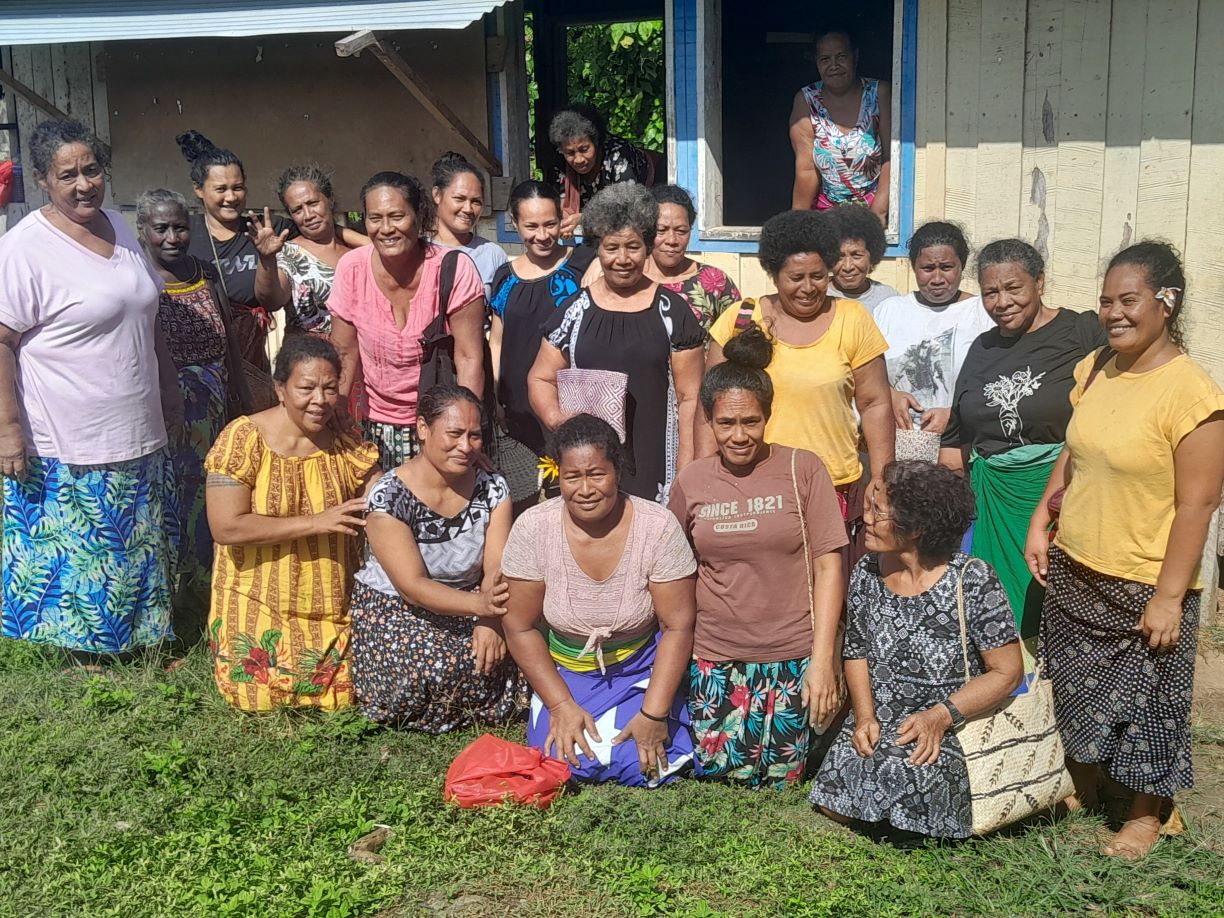
“It has been very hard for us women to generate income and also to save, but this Savings Clubs is the first time for women to be able to save funds not only for ourselves, but for our families and communities. We are excited to make more handicrafts and we feel more responsible as we have ownership of our funds, and we can contribute meaningfully to community gatherings and meetings”. - Ms. Daisy Teseu of Hutuna Village in East Rennell.
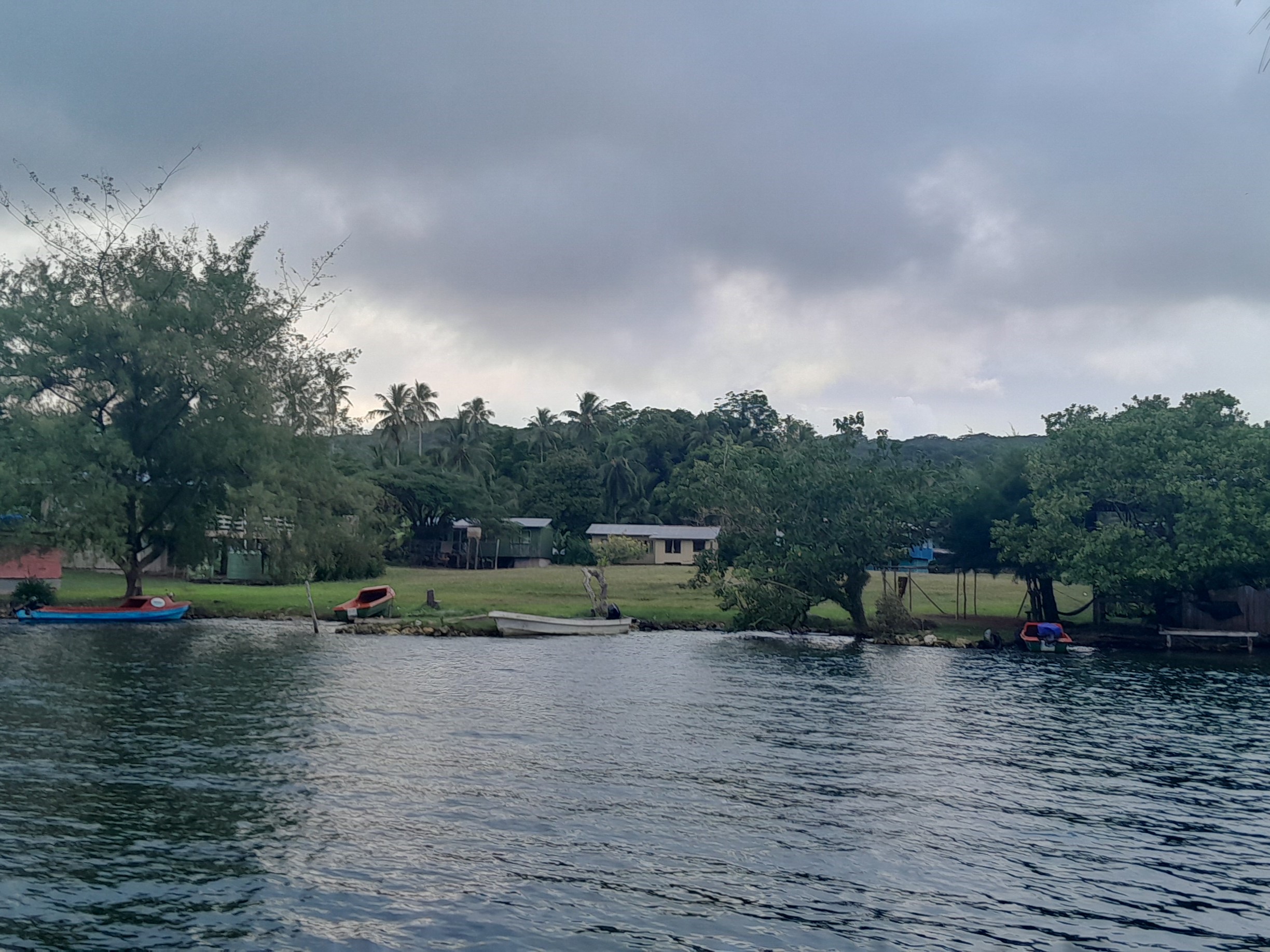
The project has had its difficulties. The infrequent and often delayed shipping services to Rennell continues to be a major issue. This, coupled with the remoteness of East Rennell from the main airstrip and port contributes to shortage of fuel and high transport costs. The project team is working with local implementing partners such as the Solomon Islands Government Ministry of Environment, Climate Change, Disaster Management and Meteorology, the UNESCO National Commission, and Live & Learn Solomon Islands to manage logistics to effectively deliver on project outcomes.
Through it all, the goal remains the same – to protect the wonders of East Rennell and support the people who call this special place home. With the community in the lead and BirdLife International's support, real progress is being made. The future is looking brighter for the people and biodiversity of this UNESCO World Heritage Site.
Written by Marcela Bellettini. For more information on this Darwin Initiative Main project 29-005, led by BirdLife International, please click here.
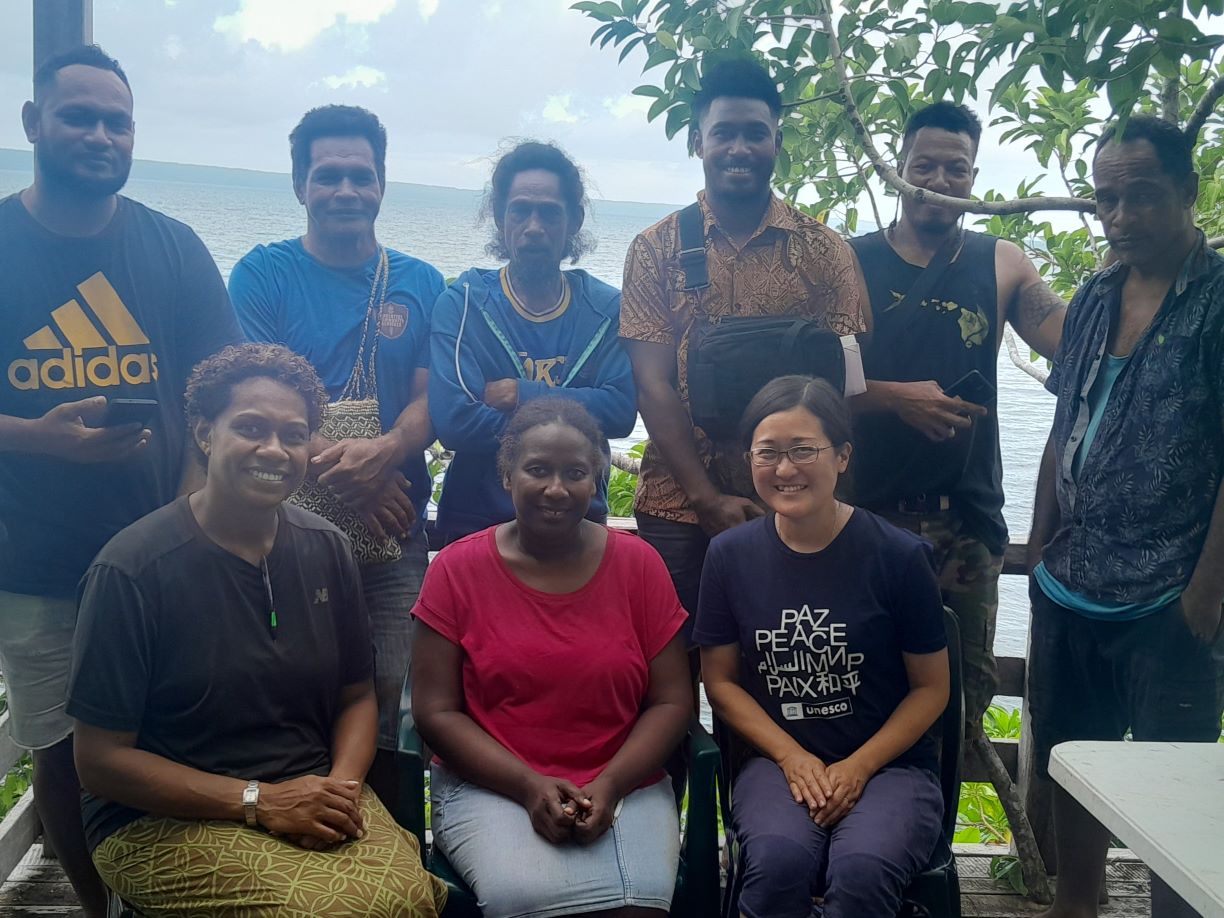
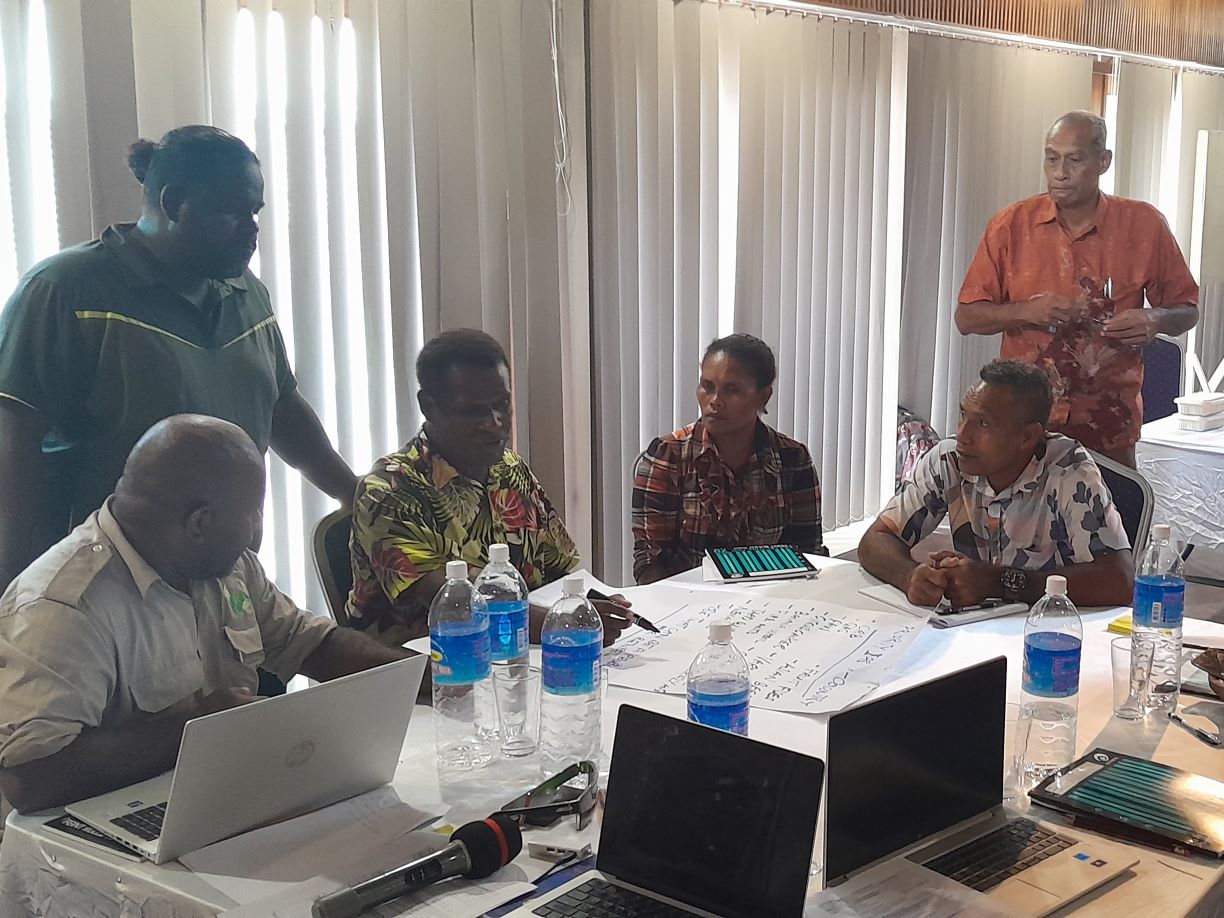
 Back
Back